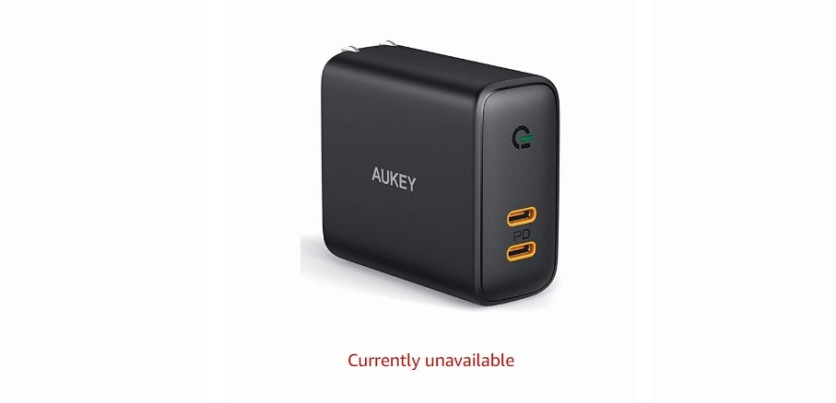Amazon's two major electronic sellers, Aukey and Mpow have surprisingly disappeared on the listing following an alleged fake review scandal where products are traded for a positive response.
Amazon Removes Aukey, Mpow Following a Malicious Scheme

Since the trend of online shopping continues, what we see on the internet is not always true. There are times that the positive reviews that we spotted on a page are only created to deceive people about buying the products.
The example could likely describe what happened to Amazon's top manufacturer of accessories, Aukey and Mpow which have recently disappeared. At the moment, there are a bunch of "currently unavailable" listings.
There was a massive data breach discovered which led to allegations that the gadget brands are only paying the customers in exchange for good reviews.
For this case, authorities from SafetyDetectives unveiled that they have tracked down the messages involving the customers and the sellers from Amazon. They found out that there was an ongoing exchange of a series of reviews for free products.
When perusing the product's listing, customers could easily discern many reviews. Upon learning about the positive feedback, the brands' sales would increase--the similar outcome that "legit" reviews achieve.
Another report from Digital Trends revealed that when customers click the link to the Aukey EP-T27 earbuds, they will be directed to a page with no content. By then, people would only see a huge text "sorry" on the top and below an image of a dog.
Meanwhile, another brand Tomtop is also involved in the removal. If you visit its store on Amazon, the storefront would not appear, however you can still look for its other products that are currently on sale.
What's Going On with Fakes Reviews?
For a more detailed explanation about the exchange of positive product reviews, the manufacturers such as Mpow and Aukey have been conniving with the third party to reach out to the viewers about the products that need a five-star rating.
On their personal accounts, people would purchase the product and later leave a perfect review. After successful feedback, there will be a message sent to the customer embedding an Amazon profile link together with some details on PayPal.
This is how the reviewers receive a PayPal refund, and the reviewed product will be retained as the reward/payment for the service that they provide.
Presently, SafetyDetectives stated that 75,000 accounts were involved in giving illegal "positive" reviews. From the ElasticSearch server, 232,664 Gmail accounts were discovered to come from different individuals.
The cybersecurity team added that to start leaving fake reviews, there will be some requirements that should be met. Before writing the review, it will take some days, and there are also required word counts in the process.
To make the review more believable, the third party also utilizes pleasant and professional words during the review. While we are aware that these procedures have a clear violation of Amazon's term of service, the third party did not emphasize the violations for posting fake reviews.
At the moment, it is still uncertain if the banned sellers and fake reviewers in Amazon could return or undergo account suspension, Tomsguide reported.
While the "fake review" scheme is not new anymore, there are effective ways to combat it. For instance, users could rely on Fakespot as their browser extension. This tool could help them identify the legit from illegitimate feedback through a special filtering system.
Related Article: Fake Reviews Are Becoming Rampant: Here's How To Spot Them
This article is owned by Tech Times
Written by Joseph Henry
ⓒ 2025 TECHTIMES.com All rights reserved. Do not reproduce without permission.




